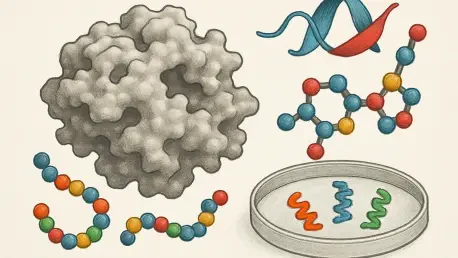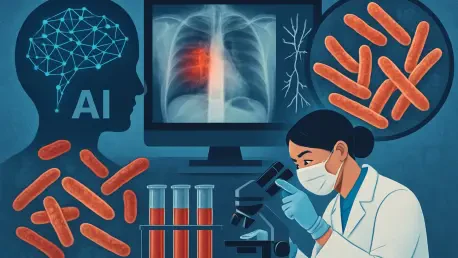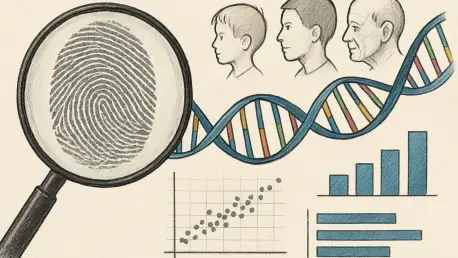
Imagine a condition so rare and devastating that it not only compromises the body’s ability to repair DNA but also skyrockets the risk of cancer by 500 to 700 times compared to the general population, a reality for individuals with Fanconi anemia (FA). This genetic disorder often leads to bone

In a world where medical breakthroughs are increasingly vital to combat complex diseases, a remarkable discovery by researchers from the University of Utah and Sethera Therapeutics has captured the attention of the biotech community with a novel enzyme known as PapB. This advancement promises to

Imagine two individuals eating identical meals every day, yet one gains weight rapidly while the other maintains a stable physique, raising a profound question about why bodies respond so differently to the same diet. The answer lies in the intricate dance between genetics, diet, and the body's

What if the secret to conquering one of humanity’s deadliest foes lies hidden in the microscopic world of bacterial cells? Tuberculosis (TB), claiming millions of lives each year, continues to defy modern medicine with its grueling treatment demands and rising drug resistance. Yet, a revolutionary

Imagine a landscape in biopharmaceutical research where the journey from concept to cure is no longer a decade-long slog but a streamlined sprint, driven by technology that predicts outcomes with startling accuracy. This vision is becoming reality with the launch of BiortusAI, an innovative

Imagine a crime scene where a single drop of blood holds the key to identifying a suspect, not just by DNA but by estimating their age with remarkable precision, a technique that has become invaluable in modern investigations. Forensic age estimation tools, relying on DNA methylation patterns, have